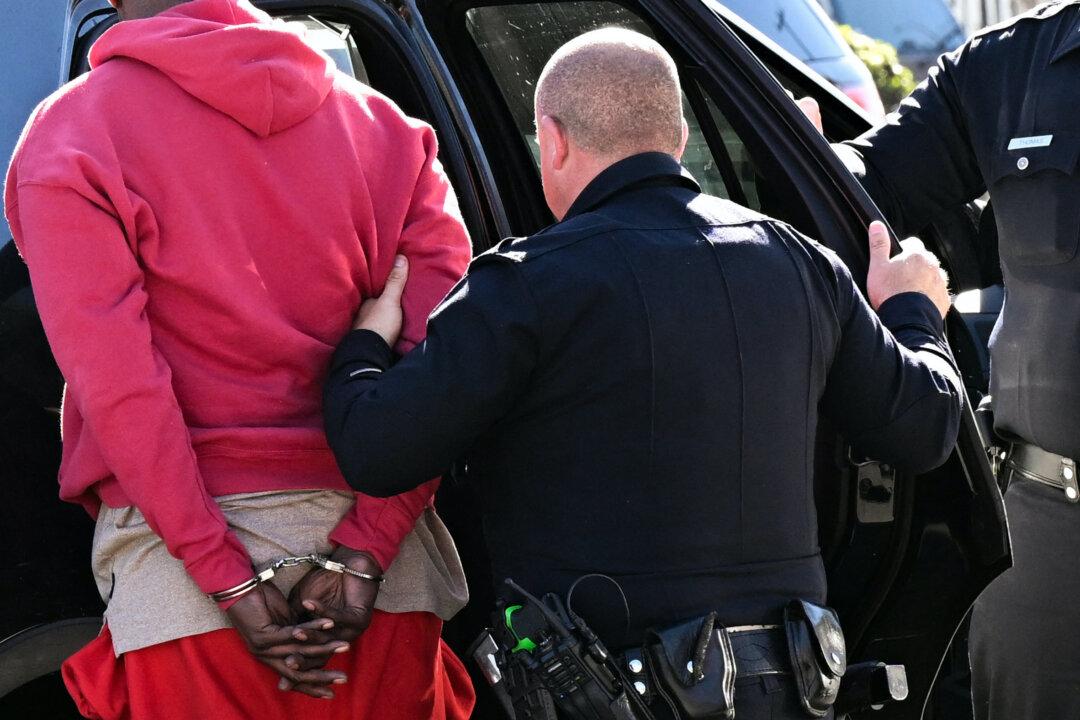The California Supreme Court issued a 7–0 ruling that police or sheriff’s deputies cannot detain people on the street just because they are trying to avoid contact with them.
Last week, the state’s high court wrote that the fact that a person appears to be concealing him- or herself or acting nervously cannot be the only reason for an officer to detain the person. Those actions can be “relevant context,” but there still needs to be “reasonable suspicion of criminal activity,” Justice Carol Corrigan wrote in the court’s unanimous ruling.





